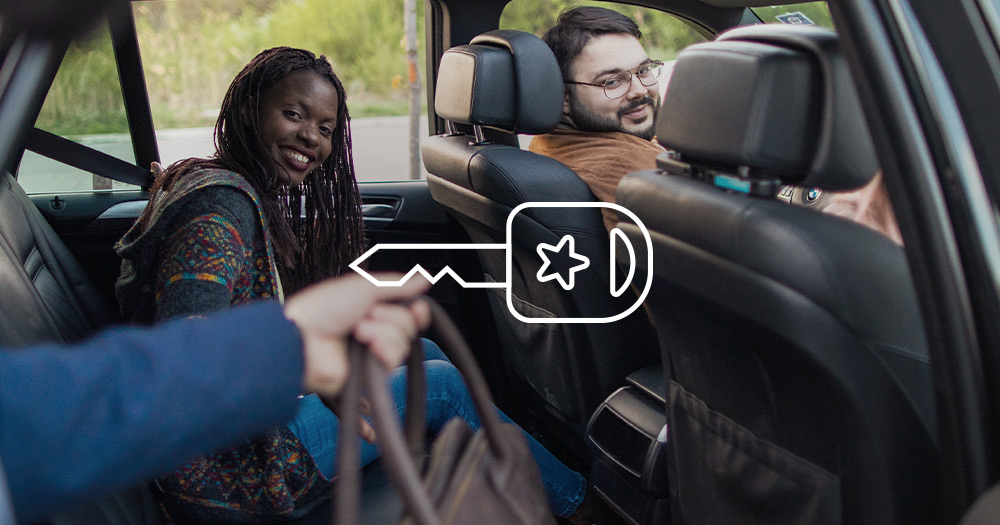
Elder Gen Z and Their Evolving Rites of Passage
Fountainhead, twice yearly, conducts primary research among whom we deem “Elder Gen Z.” These people are currently 16 to 23 years old. So, with that lead–in, let’s get to the meat of things.
If you are of a certain age, or of a generation older than Gen Z, two milestones in your life likely stand out:
- Getting your driver’s license. In my high school class, we all knew who would turn 16 the earliest. And they were treated like royalty, because they would DRIVE FIRST! This was freedom, this was independence, this was viewed as literally life–changing.
- Being given a credit card. Often this was the “emergency use only” card, to be deployed when kidnapped, stranded or upon finding that totally perfect prom dress. This was a bestowing of parental trust and a true badge of honor.
But driver’s licenses and credit cards may now be going the way of the dodo. Our primary research shows that:
- only 61% of Elder Z surveyed have driven a car in the past 3 months (note: this was fielded in late 2019 so before coronavirus halted a lot of driving)
- a mere 32% of Elder Z usually take a credit card with them when they leave the house
Other rituals may be occurring at different ages than seen historically. Think:
- First purchase with one’s own money may be moving much younger (easier now than ever because of online buying)
- First mortgage may be moving much older because of housing prices and debt
- Did we mention our research shows that 58% of Elder Z don’t feel a mortgage will be an expected part of life?
- Car purchases trending down and older, with the decrease in driving and the increase in shared ride services
- Note here as well, our research details that only 24% of Elder Z foresee an auto loan to be an expected part of life
We were pondering the points above a few months ago. Now let’s, unfortunately, put coronavirus into this mix. Elder Gen Z is, as we speak, missing graduation ceremonies, 16th birthday parties, 21st birthday celebrations, first job interviews and having summer internships revoked. Lasting impact on rites of passage will surely come of this, but we don’t know what. Possibilities include:
- No longer being trained in the mastery of the “handshake.” What new greetings will arise? We’ve seen the elbow bump and the foot tap. Will either of these become the norm?
- Online/offline hybrid schooling. We’ll see an accelerated adoption of online learning, as it’s unclear how the high school and college entering classes of 2020 will attend school in the fall.
- An expectation of the ability to work from home. People are seeing that it can be done. Young people could embrace it as the “standard” way of working.
- “My First Subscription.” We may witness the advent of many more subscription possibilities, targeted at younger buyers. This can go beyond the typical meal kit, clothing and beauty products. If we’re all doing more at home, “Maker Kits,” “Creativity Kits” and “DIY House Project Kits” could be the new must-haves.
- Voting remotely. The first time in the voting booth used to be a big deal. Will the arrival of one’s vote by mail ballot create the same emotional charge? Or will a key barrier to voting (standing in line) be removed?
New rites of passage may create additional opportunities for product and service development, as well as marketing communication. Be sure to keep your eyes on the horizon as these habits and practices develop, and they will develop more quickly than we expect.
If you’d like to trend hunt with us, maybe scour for what’s new, we’d welcome the challenge.


